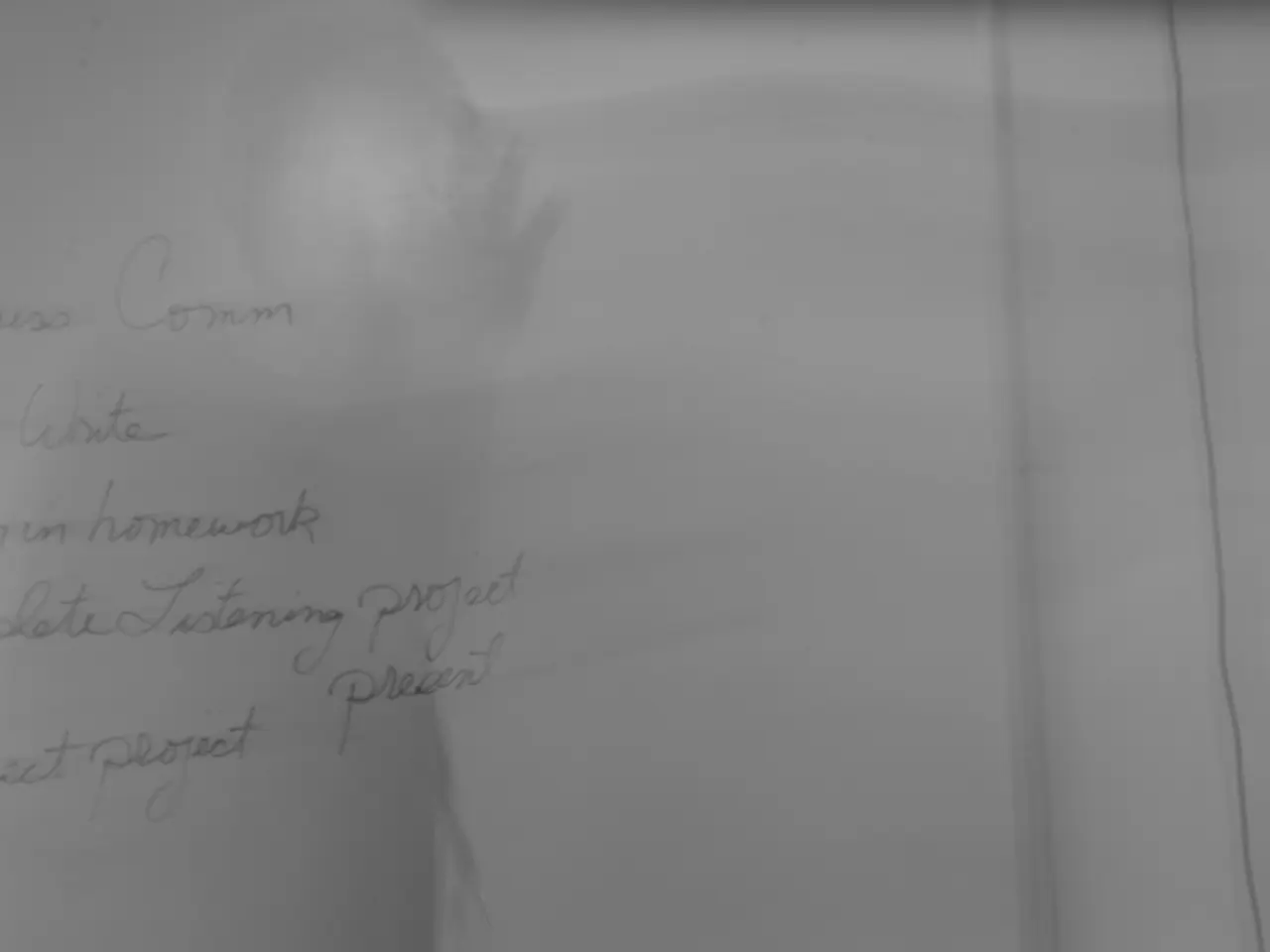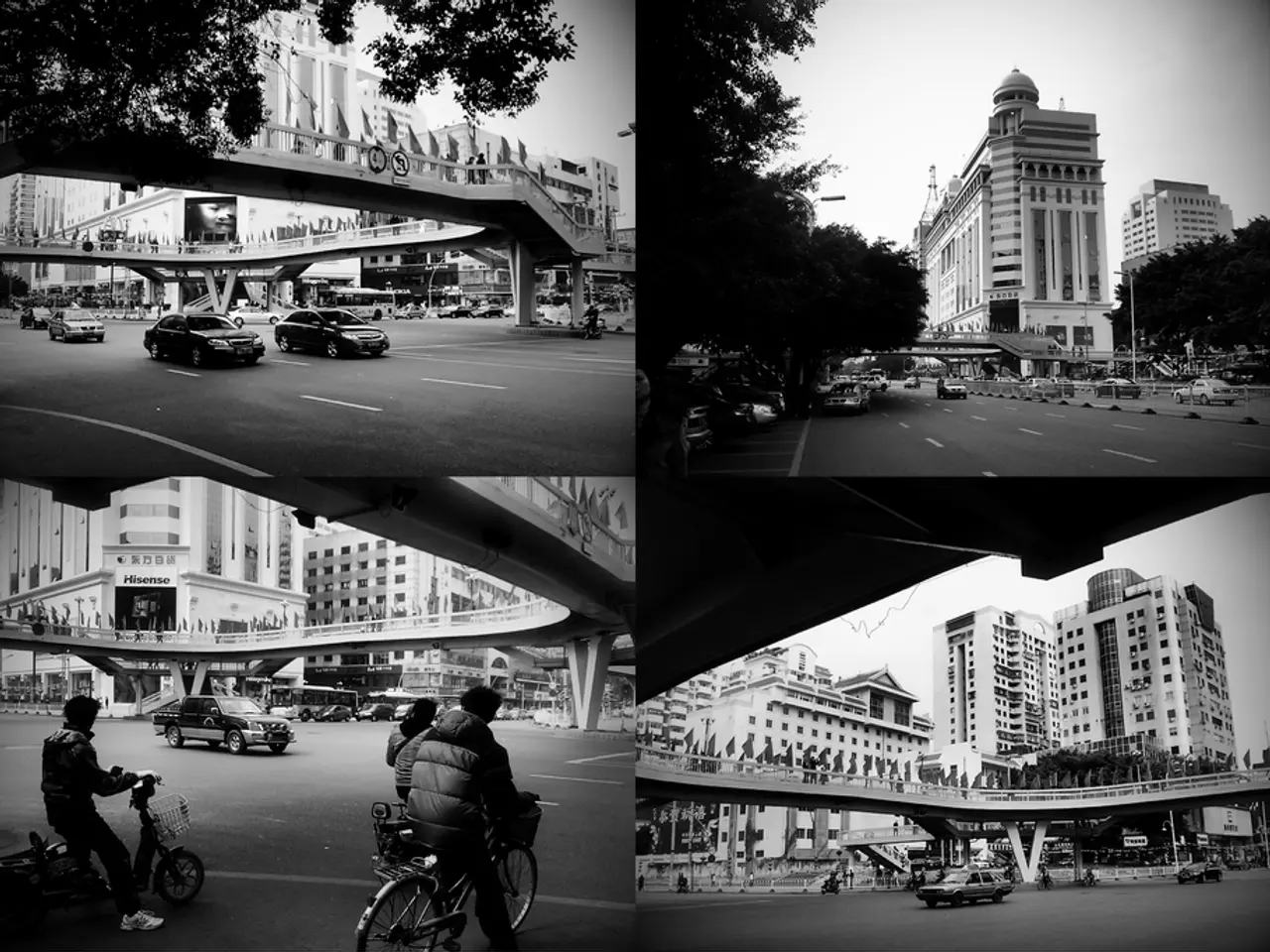Netherlands' gambling tax earnings underperform in 2025
The Dutch gambling tax revenue for 2025 is expected to significantly decrease, contrary to initial expectations. The increase in the gambling tax rate from 30.5% to 34.2% on January 1, 2025, has had the opposite effect of what was intended. Instead of generating higher tax revenue, the tax hike has weakened the legal gambling sector, leading to a decline in the gross gaming result (GSR) and a shrinking number of physical gambling venues, which reduces the taxable base.
Key factors contributing to this decline include:
- Market contraction: The number of physical gambling venues dropped by 9% in Q1 2025 compared to the previous quarter, a decline notably faster than the historical average of 6% per year between 2020 and 2025.
- Increased financial pressure on licensed operators: The tax increase has squeezed profitability, especially for land-based operators, who have limited options to maintain income or reduce costs. This pressure causes some venues to close or reduce operations, diminishing overall market revenue.
- Reduced gross gaming result (GSR): Both online and land-based segments have seen a decline in GSR, meaning the total amount wagered minus winnings paid out has fallen, directly lowering taxable revenues despite a higher tax rate.
- Market destabilization and potential black market growth: Industry voices suggest harsher tax regimes encourage players to move to unlicensed operators to avoid high taxes, further shrinking the taxable sector. For example, European operators have warned that black market bookmakers benefit from excessive tax hikes.
The Dutch regulator KSA has explicitly warned that the tax increase has failed its objective of boosting revenues and instead undermined legal market stability. The combination of declining venues, reduced player spending in the legal market, and operator difficulties explains the anticipated decrease in gambling tax revenue for 2025.
Initially, the increases in gambling tax were expected to generate an additional €100 million this year and €200 million annually starting next year. However, tax income from these operators has fallen to just 83% of last year's level, despite an increase in the gambling tax rate. The KSA revealed that while most players still gamble legally, nearly half of the country's online gambling revenue now flows to unlicensed operators.
Industry experts blame the downturn on an expanding set of regulatory restrictions driving players toward unlicensed gambling platforms. Operators are cutting back on bonuses and payout percentages to offset tax-related financial pressure. The decline in both online and offline sectors continues to undermine the government's goal of boosting tax revenue through higher rates.
Notably, VNLOK Chairman Björn Fuchs warned that heavy taxation combined with stringent rules is making regulated gambling less attractive. Meanwhile, Secretary for Legal Protection Teun Struycken has urged a coordinated EU crackdown on illicit gambling platforms. However, Fuchs criticized the assumption that stricter regulation automatically enhances player protection, stating that excessive regulation may be undermining the entire legal system.
According to VAN Kansspelen director Daan Keij, the situation may worsen as long-term closures of physical venues haven't yet been factored in. High-spending players, in particular, appear to prefer illegal sites. The Netherlands faces a delicate balance between generating revenue, protecting players, and maintaining a stable and competitive legal gambling market.
[1] KPMG report commissioned by VAN Kansspelen [2] Gaming in Holland [3] European Gaming Media and Events [4] VNLOK (Dutch Online Gambling Association) [5] iGaming Business [6] Calvin Ayre [7] Gambling Compliance [8] The Netherlands Gambling Authority (KSA)
- The increased financial pressure on licensed operators in the Dutch gambling industry, as a result of the tax hike, has led to a decline in the number of physical gambling venues, affecting the overall taxable base in finance.
- The market destabilization caused by the tax increase in the gambling industry has potentially contributed to an increase in revenue for unlicensed operators in the black market, resulting in a diminished taxable sector in finance.




